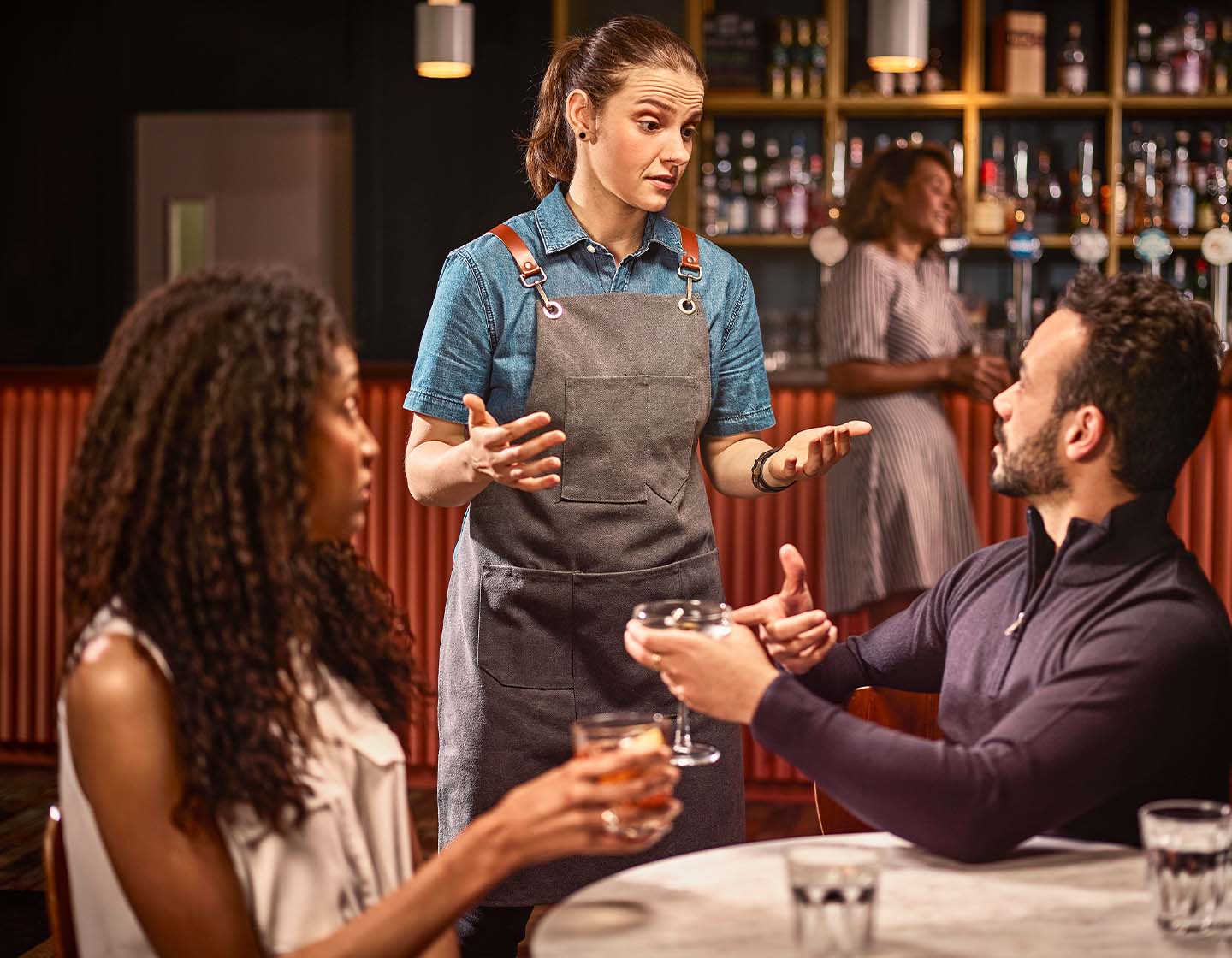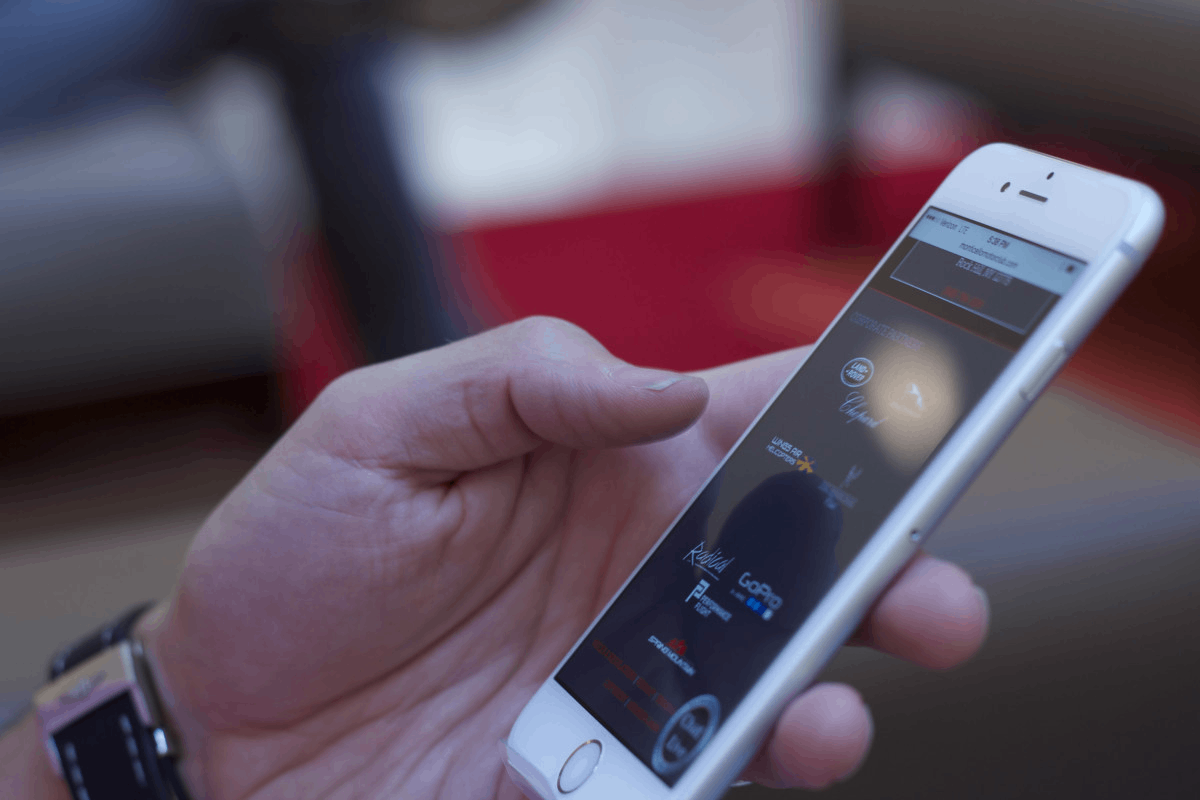Event Staff: Starting Your Career as a Private Bartender
Bartending is more than just pouring drinks; it’s an art that blends mixology, customer service, and event planning into an exciting and rewarding career. Becoming a private bartender offers flexibility, high earning potential, and opportunities to work at exclusive events.
Private bartenders serve drinks at corporate events, weddings, private parties, and VIP gatherings. Unlike traditional bar staff, private bartenders often handle portable bar setups, customized drink menus, and personalized experiences. This career path offers an exciting challenge, allowing you to work directly with high-profile clients and curate unforgettable experiences.
The Appeal of Working Private Events
A career as a private bartender is ideal for those seeking flexible scheduling, creative freedom, and lucrative opportunities. Unlike working at a fixed-location bar, private bartending provides the ability to set your rates and choose which events to work. This means you can prioritize high-paying gigs and expand your professional network quickly.
Moreover, private bartenders get to engage with diverse clients, experiment with new cocktail recipes, and build an exclusive reputation in the industry. The best part? You are not confined to a single bar or restaurant—your skills are always in demand at various events, making every shift a fresh and exciting experience.
Essential Qualifications to Become a Private Bartender and Get Event Staff Jobs
While formal education is not required, bartending certifications and training can significantly enhance your credibility and job prospects. Acquiring TIPS (Training for Intervention Procedures) and ServSafe Alcohol certification ensures that you are well-versed in alcohol safety, responsible beverage service, and customer interaction.
In addition, mastering essential bartending skills like cocktail preparation, speed pouring, and flair bartending will set you apart. Many industry professionals recommend working under experienced mixologists or enrolling in bartending training programs to refine your technique and gain hands-on experience.
Required Certifications and Training
To legally serve alcohol and ensure guest safety, private bartenders must complete industry-recognized training. Two of the most reputable certifications include:
- TIPS (Training for Intervention Procedures) – This program educates bartenders on responsible alcohol service, preventing overconsumption, and handling difficult situations professionally.
- ServSafe Alcohol Certification – Offered by the National Restaurant Association, this certification covers alcohol laws, safety procedures, and liability management.
The U.S. Bureau of Labor Statistics highlights that certified bartenders earn higher wages and secure premium event staff jobs more easily than non-certified counterparts. Investing in training also increases the chances of landing high-end gigs and securing repeat clientele.
What is Event Bartending? – Everything You Need to Know
Event bartending differs from traditional bartending as it focuses on special occasions, large-scale gatherings, and private functions. Instead of working at a single establishment, event bartenders work across multiple locations, from luxury weddings to corporate galas and celebrity parties.
Event bartenders must excel in customer engagement, portable bar setup, and customized drink menu creation. They often collaborate with event planners, caterers, and DJs to ensure a seamless guest experience. Companies like Premier Staff and Party Shakers specialize in staffing skilled bartenders for exclusive events, making it easier to find high-quality job opportunities in this niche.
Conclusion
Bartending is an exciting, lucrative, and dynamic career that offers endless opportunities for growth and creativity. Whether you’re looking to become a mobile bartender, specialize in private events, or work with top-tier clients, bartending services are in high demand worldwide. With the right training, certifications, and passion for the craft, you can build a successful career while enjoying flexibility, high earnings, and thrilling experiences.
FAQs
- Do I need a license to be a private bartender? Yes, depending on your location, you may need a bartending certification such as TIPS or ServSafe Alcohol to serve alcohol legally and safely.
- How much can a private bartender earn? Earnings vary based on location, experience, and clientele, but private bartenders can make between $25 to $100 per hour, with additional tips.
- How do I find bartending opportunities at private events? Joining staffing agencies like Premier Staff and Party Shakers, networking with event planners, and promoting your services online can help secure high-paying gigs.
- What skills are essential for a successful event bartender? Key skills include mixology, cocktail preparation, customer service, alcohol safety, event planning, and client engagement.
- What equipment do I need as a private bartender? Essential bartending tools include a cocktail shaker, jigger, muddler, strainer, speed pourers, and a portable bar setup for on-the-go service.
Start your journey today and become a sought-after private bartender in the thriving event industry!













